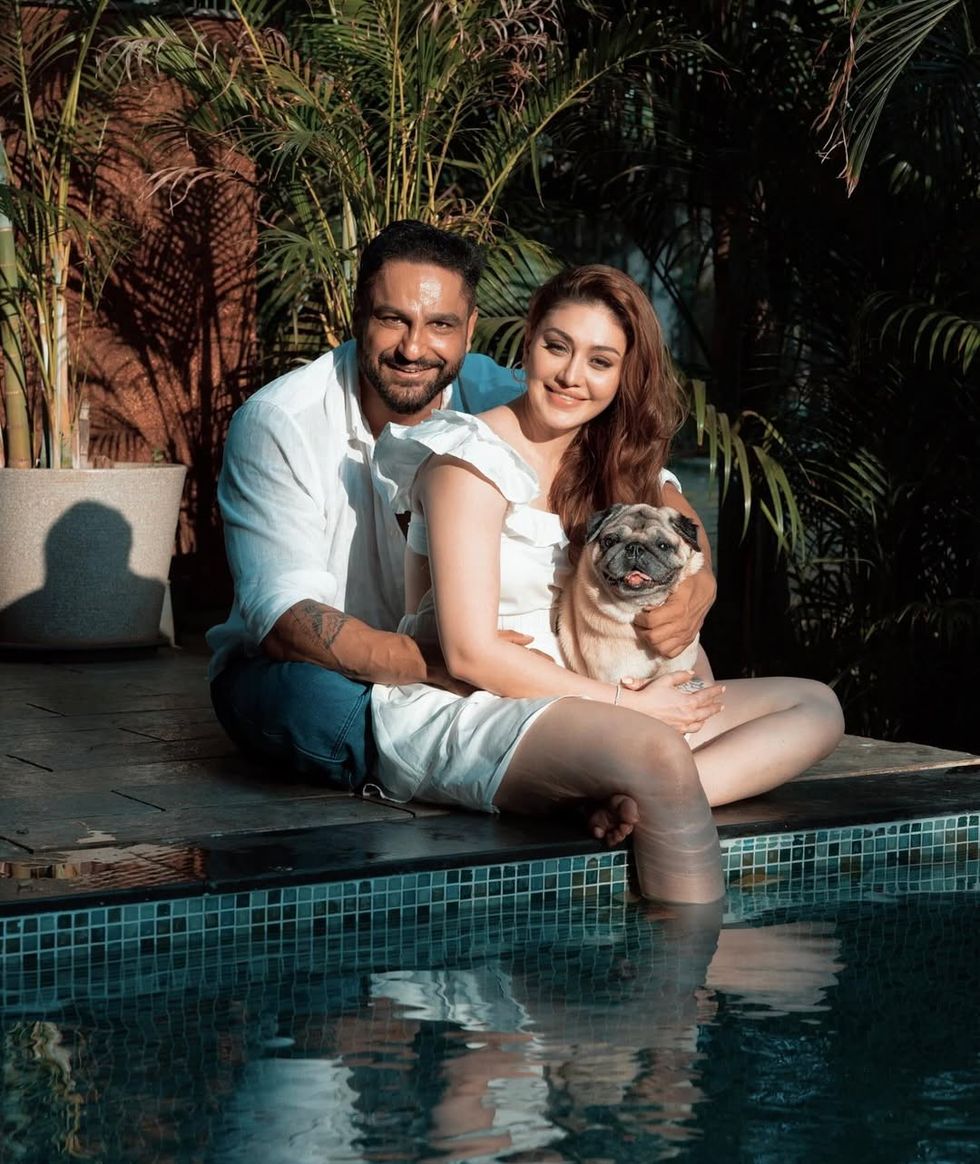Skipper Virat Kohli hit form with his first half-century of this Indian Premier League season as he led Royal Challengers Bangalore to a comfortable win over Rajasthan Royals on Saturday.
Kohli, who came into the match with scores of 14, one and three, remained unbeaten on 72 as Bangalore chased down a target of 155 to win by eight wickets in Abu Dhabi.
He put on a key second-wicket partnership of 99 with in-form opener Devdutt Padikkal, who made 63 - his third IPL fifty in four matches for last years wooden spooners.
Kohli, 31, started cautiously before finding his touch to smash seven fours and two sixes in his 53-ball stay in this year's first afternoon game of the Twenty20 tournament. The players had to deal with temperatures that hit 34 celsius.
"Virat Kohli's fitness is second to none. And the way he controlled that innings in the chase was great to see," Bangalore's head coach Simon Katich told reporters.
"The way we see it, we don't look at Virat being out of form at all. We thought he looked magnificent in the first game, unfortunately he holed out, and then missed out a couple of times and that can happen.
"But what helped was that he got us over the line in the super over to finish the game against Mumbai Indians (on Monday). It was only a matter of time before he gets runs in the middle."
Bangalore lost Aaron Finch -- trapped lbw off Shreyas Gopal for eight -- but the left-handed Padikkal and Kohli made sure their team recorded their third win.
Padikkal was bowled by Royals' England paceman Jofra Archer. South African veteran AB de Villiers hit the winning boundary as Bangalore won in 19.1 overs.
"It's a different feeling (batting with Kohli), I've watched him from home so much since I was young and to bat with him is an unreal feeling," said the 20-year-old Padikkal.
"I was getting tired, cramping up, but he pushed me. He said I need to see the team through. That's how he bats and he was conveying that to me too."
Kohli's knock took him past 5,500 IPL runs to extend his lead at the top of the scoring chart in the absence of second-placed Suresh Raina (Chennai Super Kings) who pulled out of the tournament in the United Arab Emirates.
Earlier, leg-spinner Yuzvendra Chahal returned impressive bowling figures of 3-24 from his four overs to restrict Steve-Smith's Royals to 154 for six while batting first.
In the second game of the day, Delhi Capitals outplayed Kolkata Knight Riders by 18 runs after posting a mammoth 228 for four at the short-boundary Sharjah cricket ground.
Skipper Shreyas Iyer hit an unbeaten 38-ball 88 before England's limited-overs captain import Eoin Morgan gave Delhi a scare with his 44 off 18 deliveries for Kolkata.
South African quick Anrich Nortje claimed three wickets including the prized scalp of Morgan to help Delhi take top spot in the eight-team table.















 Prada confirms Kolhapuri chappals inspired its 2026 Milan collectionInstagram/
Prada confirms Kolhapuri chappals inspired its 2026 Milan collectionInstagram/ Kolhapuri chappals have been crafted for centuries and received GI tag in 2019 iStock
Kolhapuri chappals have been crafted for centuries and received GI tag in 2019 iStock 
 Shefali Jariwala dies at 42 after cardiac arrest, industry mourns Kaanta Laga starInstagram/
Shefali Jariwala dies at 42 after cardiac arrest, industry mourns Kaanta Laga starInstagram/ Shefali Jariwala was married to actor Parag Tyagi,Instagram/
Shefali Jariwala was married to actor Parag Tyagi,Instagram/